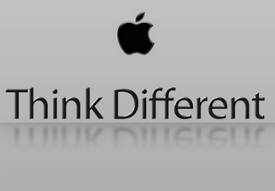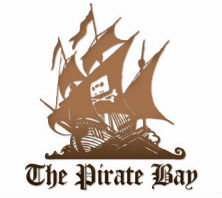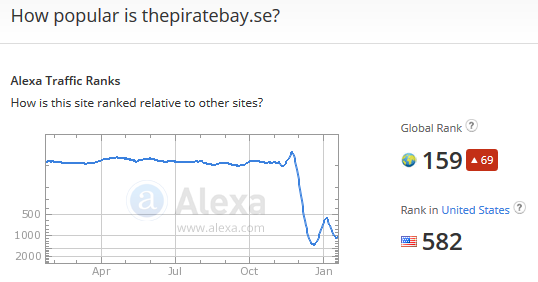Pirate Party MEP Fails to Deliver True Copyright Reform
dimanche 25 janvier 2015 à 08:53 The Pirate Party did not only manage to continue its presence in the European Parliament by having German Pirate Julia Reda elected. It also secured the politically important role of rapporteur on copyright reform. High expectations for a long overdue upheaval of the status quo in the political debates on copyright were warranted.
The Pirate Party did not only manage to continue its presence in the European Parliament by having German Pirate Julia Reda elected. It also secured the politically important role of rapporteur on copyright reform. High expectations for a long overdue upheaval of the status quo in the political debates on copyright were warranted.
But in Julia Reda’s draft report on copyright reform from Monday January 19, there is little to nothing in it that can be considered as a fulfillment of those expectations.
Her proposals for a new European copyright can be summarized as ”more of the same”. She wants the European Union to make a regulation, which means directly applicable at the member state level. This regulation, she suggests, can contain all of the current bits of copyright. This is by itself useful, especially for American technology companies that want to repeat their US successes and are confronted with a European market that is highly fragmented by its wildly disparate copyright laws.
Half of her report deals with the consequences of making a regulation. Of course, exceptions and limitations will be harmonized if the European law is directly applicable in all the member states. What people were requesting were broader exceptions and limitations and a re-assessment of the copyright framework and legal certainty for the benefit of individuals. Instead they’re getting benefits for corporations. What Julia proposes is to maintain things in their present state, while making it more difficult for individuals to influence local laws.
Part of the report deals with Julia’s admiration for the European Court of Justice rulings in the Svensson (hyperlinking), Best Water International (embedded videos) and Vlaams Belang (parody) cases. Respecting the judiciary is good, but not reform-friendly. The political mission outside of pure constitutional law is setting the framework for the judiciary, not to follow its lead.
Another sixth of the report – most of the progressive bits – deals with database rights. Julia does not, however, propose to change database rights. It’s in equal measure tragic and deceptive: she’s tricking people into believing she wants something, but she’s not giving herself the political space to accomplish that thing. Expecting us to cheer for her, no doubt, while she’s gutting the opportunity for realizing the hopes she inspires.
Even the European Commission has set a higher standard for themselves than this. It has acknowledged since 2009 that there is a problem with the substance of copyright. Their 2013 copyright consultation, it acknowledges, indicates that citizens, consumers and a large number of other actors experience problems with both the economic justice and the principles of copyright. De facto, Julia Reda is more conservative than the European Commission, and this is a massive problem for representative democracy.
While the Commission acknowledges remixing and transformative uses are important to a large number of users, Julia ”notices with interest” that remixing occurs. She praises the level of balancing between rightsholders’ interests that the European copyright laws achieve. The Commission acknowledges instead that neither citizens or authors feel that such a balance exists. Is she making anyone happy?
The only proposal which makes even remote sense are two paragraphs on technological protection measures. In the cybersecurity spirit of the European Parliament established in its NSA resolution of 2014, she suggests not to put blackboxes in consumer IT products. So we have a copyright-friendly, cyber-security inspired German trying to impose a Brussels-made statist policy on 507 millions citizens of Europe which leaves stuff more or less the same. Angela Merkel could not have done it better had she tried.
—
About The Author
Amelia Andersdotter represented the Swedish Pirate Party in the European Parliament between December 2011 and July 2014. She’s an expert on topics related to the Internet, intellectual property and IT-policy.
Source: TorrentFreak, for the latest info on copyright, file-sharing, torrent sites and anonymous VPN services.







 The first major raid on The Pirate Bay took place on May 31 2006 in Stockholm, Sweden. It was a dramatic affair, with
The first major raid on The Pirate Bay took place on May 31 2006 in Stockholm, Sweden. It was a dramatic affair, with 